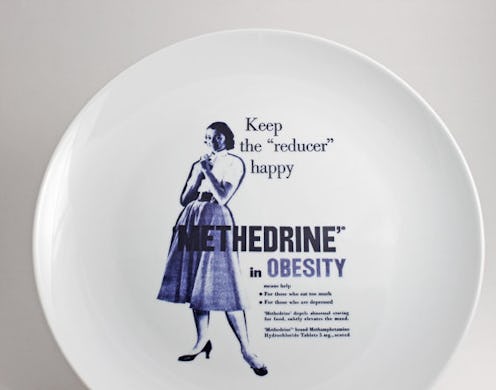News
Obese Teens With Eating Disorders Get Overlooked

Overweight and obese teens with eating disorders often get overlooked because their weight loss is seen as positive, according to a new report from the Mayo Clinic.
Teenagers with a history of being overweight or obese "represent a substantial portion of adolescents" who need eating disorder treatment, said Leslie Sim, lead author of the report and an eating disorders expert at the Mayo Clinic Children's Center.
Yet these teens go undiagnosed longer, in part because their initial weight loss is seen as prudent instead of troubling.
This diagnostic delay can be dangerous, as overweight and formerly-overweight eating disorder patients are more likely to have medical complications, Sim said. "It is imperative that these children and adolescents' eating disorder symptoms are identified and intervention is offered before the disease progresses."
Sim's article, published in the medical journal Pediatrics, notes that 6 percent of all teens have eating disorders. And more than 55 percent of high-school girls and 30 percent of high-school boys have some disordered eating behaviors, such as fasting frequently, taking diet pills or laxatives, binge eating or purging.
Though Sim focuses on once-obese teens who have lost significant weight, it's worth noting that weight-loss isn't the arbiter of eating disorders.
"People often think that patients with eating disorders are really thin, but anorexia represents only a minority of eating disorder diagnoses," said Suzanne Dooley-Hash, a University of Michigan doctor and researcher. In a 2012 study, Dooley-Hash looked at the prevalence of eating disorders in a hospital emergency department, focusing on patients between 14 and 20 years old.
Sixteen percent of all patients in this age group screened positive for an eating disorder, regardless of the reason for their ER visit. The average body mass index (BMI) was higher in patients with eating disorders, at 26.0 versus 23.2 for those without. Eating disordered patients were also more than 3 times as likely to be obese as teen ER patients without eating disorders.
A 2007 study found that one-third of overweight teens engage in "extreme weight control behaviors." A history of being teased about weight was one of the strongest predictors of extreme dieting, with taunts from family carrying more weight than teasing from peers.
Image: "1950's Housewife Dinner Plate with Diet Pill Advertisement" from LLTownleyCeramic on Etsy